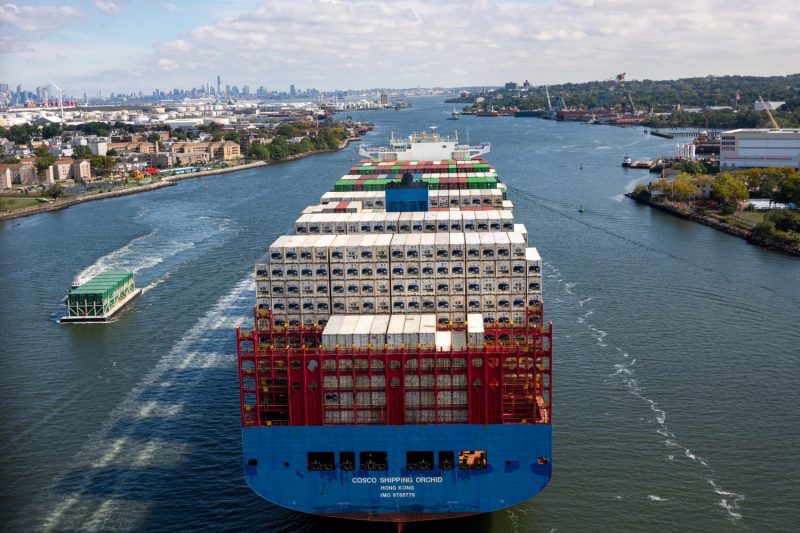In a significant turn of events, thousands of workers from East and Gulf Coast ports have initiated a widespread strike, causing a major disruption in the transportation and shipping sectors. The strike, which comes in the wake of prolonged disputes over working conditions and fair wages, has forced port facilities to shut down, leading to wide-scale repercussions across various industries.
One of the primary issues at the heart of the strike is the demand for improved working conditions and fair compensation for the laborers. Workers have long been advocating for better treatment, citing concerns over long hours, unsafe working environments, and inadequate pay. Despite repeated attempts to engage in negotiations with port management, they claim that their grievances have largely been ignored, leading to a sense of frustration and discontent among the workforce.
The impact of the strike is being keenly felt not just within the port facilities themselves, but also reverberating throughout the broader economy. With the closure of key ports on both the East and Gulf Coasts, the flow of goods and commodities has been severely disrupted, causing delays in shipments and escalating logistical challenges for businesses that rely on efficient supply chains. Industries ranging from manufacturing to retail are grappling with the repercussions of the strike, as inventory levels dwindle and production schedules are thrown into disarray.
Moreover, the strike is also shining a spotlight on the vulnerability of the global trade network, highlighting the critical role that port workers play in facilitating the movement of goods across borders. The current labor dispute underscores the interconnectedness of the modern economy and serves as a stark reminder of the potential pitfalls that can arise when labor relations break down.
As negotiations continue between labor representatives and port management, there is a sense of urgency to find a resolution that addresses the legitimate concerns of the workers while also seeking to minimize the economic fallout from the strike. Finding a balance between meeting the demands of the workforce and safeguarding the smooth functioning of essential supply chains will be crucial in charting a path forward that is equitable and sustainable for all parties involved.
In conclusion, the strike at the East and Gulf Coast ports represents a critical juncture in the ongoing dialogue surrounding labor rights, fair wages, and the resilience of the global trade infrastructure. As the standoff persists, the need for constructive dialogue, compromise, and meaningful action becomes increasingly apparent. The outcome of this labor dispute will not only impact the immediate stakeholders involved but will also resonate throughout the wider economy, underscoring the intricate web of dependencies that underpin modern commerce.

